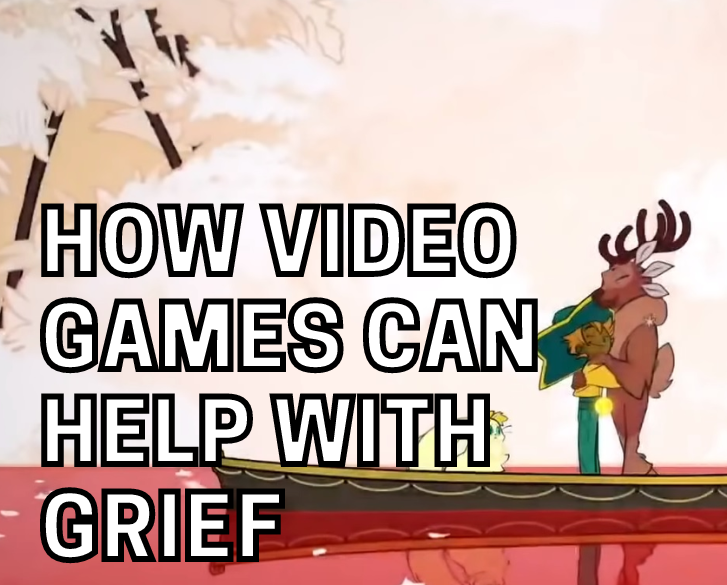
For a long time, players have sought solace in video games to deal with grief, and now, a new crop of games confronts this challenging subject directly.
James sought comfort after his father’s death and looked for it in expected places, but unexpectedly found it in the video game The Legend of Zelda: Majora’s Mask.
Growing up, James had bonded with his father over video games and cherished memories of playing Mario Kart 64 with him, his uncle, and his little sister. Following his father’s passing, James felt a sense of abandonment and struggled to forgive him.
However, when the Wii added some N64 games to its catalog, James found solace in revisiting games he had enjoyed playing with his father, which ultimately helped him forgive his father’s absence during a crucial phase in his life.
Majora’s Mask held a special place in James’s heart. He cherished memories of reading the strategy guide to his dad during their summer drives to work, and the game had always been one of his favorites.
However, revisiting the game after his father’s passing was emotional for James, particularly during the scene where he walked through the tunnel to the clock tower. It was the first time he had done it without his father, and he cried.
Some people have speculated that Majora’s Mask represents the five stages of grief. As James started to view the game through this lens, it helped him come to terms with his father’s death. Eventually, he was able to visit his father’s grave alone, which he had not been able to do since his funeral, about a year prior.
Guidance in video games addressing death and the human experience can be subtle, intricately woven into a larger narrative, as seen in Lost Words. However, in games like Spiritfarer and Gris, players are actively involved in the game’s storyline. These games offer powerful narratives that explore the concept of loss and the human experience, allowing players to choose their level of engagement.
Nicolas Guérin, the creative director of Spiritfarer, explains that grief is a personal experience, and video games provide an interactive platform for introspection at the player’s own pace.
Similar to novels and films, video games can provide a glimmer of hope and a way out of an emotional state that may seem impossible to escape. Lost Words: Beyond the Page serves as an excellent example of how to overcome grief and offers insights into the strategies that individuals use to cope and process their loss.
Clinical psychologist and University of Melbourne researcher Caitlin Hitchcock, who consulted on the game, explains that video games offer a more subtle approach to exploring themes such as grief. While narrative is just one aspect of video games, it can provide a more accessible and palatable context for individuals who may be hesitant to watch a film or read a novel about grief.
By presenting a difficult topic in a video game format, Lost Words: Beyond the Page offers an alternative way to engage with the topic and encourages individuals to confront their emotions and navigate their grief.
Games that address grief are not necessarily designed to be educational. Rather, they create a sense of shared experience and can help to normalize death. The aim of Spiritfarer was not to impart a grand message or teach a lesson, but rather to provide players with a safe space to interact with characters who are approaching death and to see death as an ordinary part of life.
According to Nicolas Guérin, the creative director of Spiritfarer, the game encourages players to appreciate the small things, engage in casual conversation, and recognize the impact of our relationships on shaping us. While the game touches on the weighty subject of death, it also emphasizes the importance of our connections with others.
By presenting death as a natural part of life and fostering connections with others, games like Spiritfarer create a sense of belonging to a shared human experience, helping players to process and navigate their own grief.



